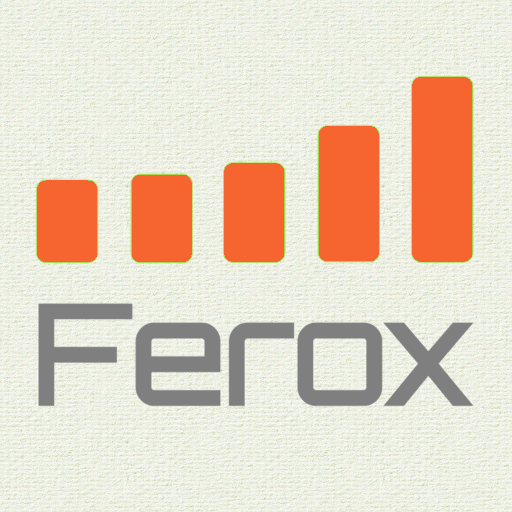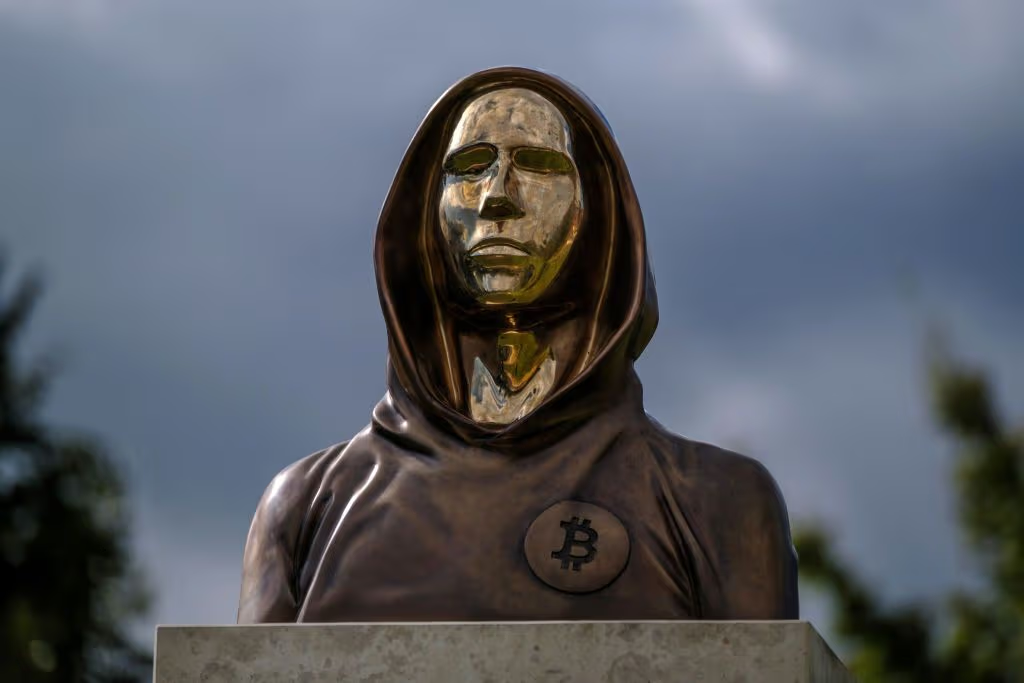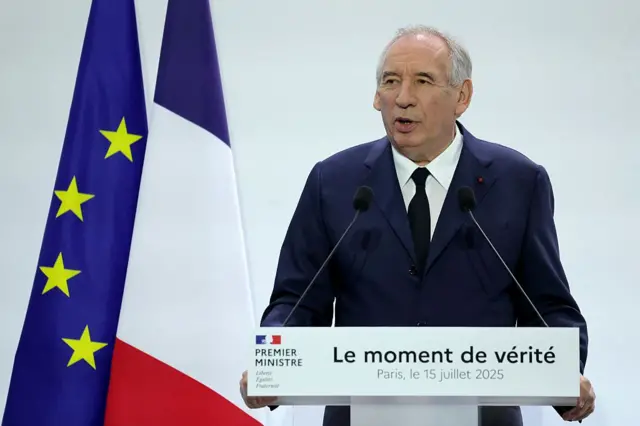JP Morgan’s blockchain unit plans to tokenise carbon credits
- JPMorgan is testing a blockchain system to tokenize carbon credits, partnering with S&P Global, EcoRegistry, and the International Carbon Registry.
- The initiative aims to improve transparency and efficiency in the carbon market, which faces fragmentation and credibility issues.
- Tokenization could create a unified, tradable ecosystem for carbon credits.
JPMorgan Chase & Co. is taking steps to modernize the voluntary carbon market by testing a new blockchain-based system for tokenizing carbon credits.
The initiative is being led by Kinexys, the bank’s blockchain unit, in collaboration with S&P Global Commodity Insights, EcoRegistry, and the International Carbon Registry.
The goal is to determine whether blockchain technology can effectively track the ownership and lifecycle of carbon credits from issuance through retirement.
Tokenization is the process of representing real-world assets as digital tokens on a blockchain, has gained traction across Wall Street.
Institutions like BlackRock and Deutsche Bank have explored their use to simplify and accelerate the settlement of traditional financial assets such as stocks and bonds.
By applying this technology to carbon credits, JPMorgan and its partners aim to address persistent challenges in the carbon market, including inefficiency, lack of transparency, market fragmentation, and the absence of standardized systems.
According to JPMorgan, a unified tokenized ecosystem could enable carbon credits to move seamlessly between buyers and sellers, improving overall market functionality.
Addressing market concerns
Alastair Northway, head of natural resource advisory at JPMorgan Payments, believes the voluntary carbon market is “ripe for innovation.”
He emphasized that blockchain tokenization could underpin a more transparent and interoperable global system, potentially increasing liquidity and trust in the market.
Enhanced visibility into pricing and project data is one potential benefit of adopting digital infrastructure.
A carbon credit typically signifies one metric ton of carbon dioxide that has either been removed from or not released into the atmosphere. These credits often originate from renewable energy or forestry projects.
In a tokenized system, each credit would exist as a digital asset on a blockchain, offering a verifiable and tradable representation of the environmental benefit.
Despite growing institutional and governmental interest in carbon trading, the market has struggled with credibility issues.
Allegations of greenwashing and shortcomings in project effectiveness have raised doubts about the integrity of some carbon offset programs.
JPMorgan itself has previously financed carbon projects and purchased carbon removal credits and now aims to be recognized as the “carbon bank of choice.”
Learning from past missteps
In a report released Wednesday, JPMorgan noted that while carbon credits are “poised to mature as market infrastructure strengthens,” that outcome is far from guaranteed.
The bank warned that failure to address market integrity issues or foster innovation could further damage confidence in a market that has recently stalled after a period of contraction.
The report also referenced earlier efforts by other organizations to tokenize carbon credits, some of which raised concerns about double-counting and transactions involving already-retired credits.
Such missteps have undermined trust and highlighted the need for more robust frameworks to support digital carbon markets.
As part of this new trial, JPMorgan and its partners aim to avoid those pitfalls by working with established registry systems and prioritizing accountability and traceability.
The post JP Morgan’s blockchain unit plans to tokenise carbon credits appeared first on CoinJournal.






